Just as Alfred Neubauer set the template for leading a grand prix team as Mercedes-Benz’s racing manager from 1926 to 1955, so current principal Toto Wolff has in the 21st century. They’re profoundly different characters – Neubauer an autocratic, trench-coated man-mountain, Wolff a more collaborative, lean figure – yet both hugely successful.
Different times call for different styles, and the nature of the teams is very different. While Neubauer’s set-up had reasonable autonomy, it operated out of the Mercedes headquarters in Stuttgart. Modern Formula 1 teams are highly specialised, stand-alone entities on which leaders like Wolff must stamp their own character.
Based across two sites in Northamptonshire, the operations centre in Brackley just nine miles down the road from Silverstone and Mercedes AMG High Performance Powertrains in Brixworth, Wolff’s team has dominated modern F1. Wolff, a former racing driver with a relatively modest family background in Vienna and an archetypal self-made man, has been key to that ongoing success.
“In Stuttgart, they’ve always appreciated that we’re the ‘special forces’ that operate under a different framework while totally complying to the governance of [Mercedes parent company] Daimler,” says Wolff. “That’s something that we’ve really embedded in our organisation. We’re being held on a long leash. We have great responsibility for the brand, but they let us get on with the job, and we haven’t let them down in 10 years."
Much has changed with the team recently. When the modern works team was established in 2010 by taking over the Brawn outfit that was born from the ashes of Honda’s works effort, it was majority-owned by Daimler.
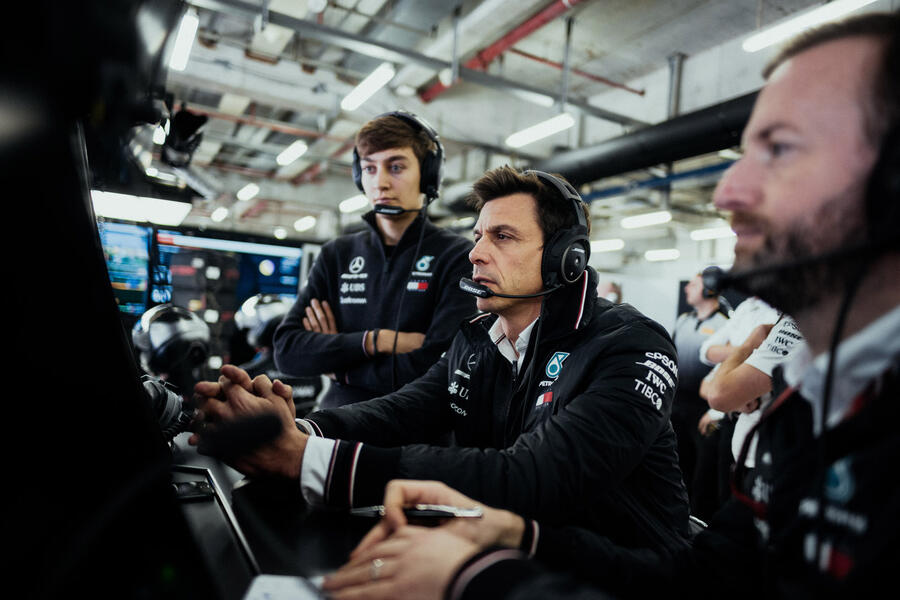
That remained the case until late last year, when British petrochemicals company and team sponsor Ineos became a shareholder. It’s now one of three shareholders, each owning a third. The others are Daimler and Wolff himself, whose stake was upped slightly from its original 30%.

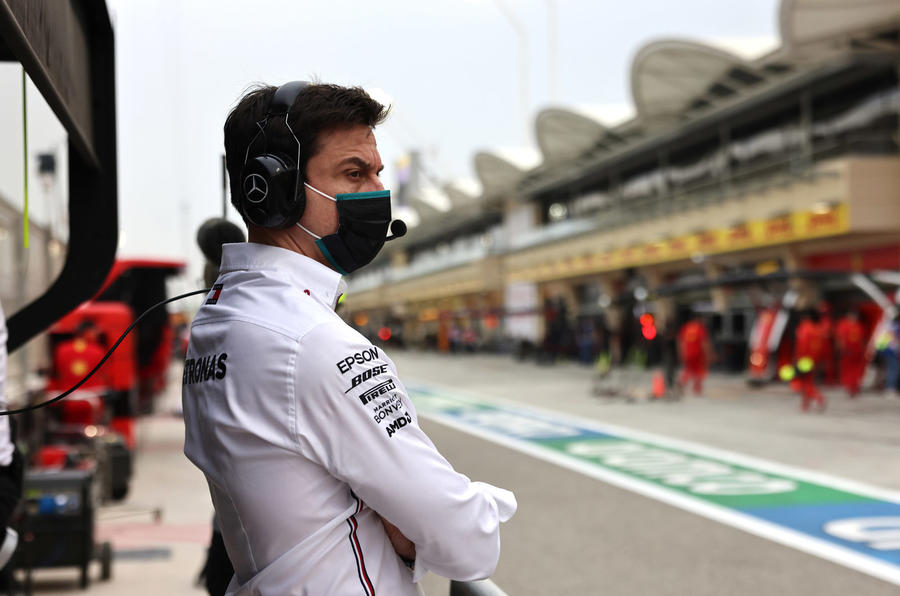







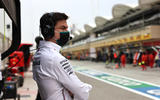








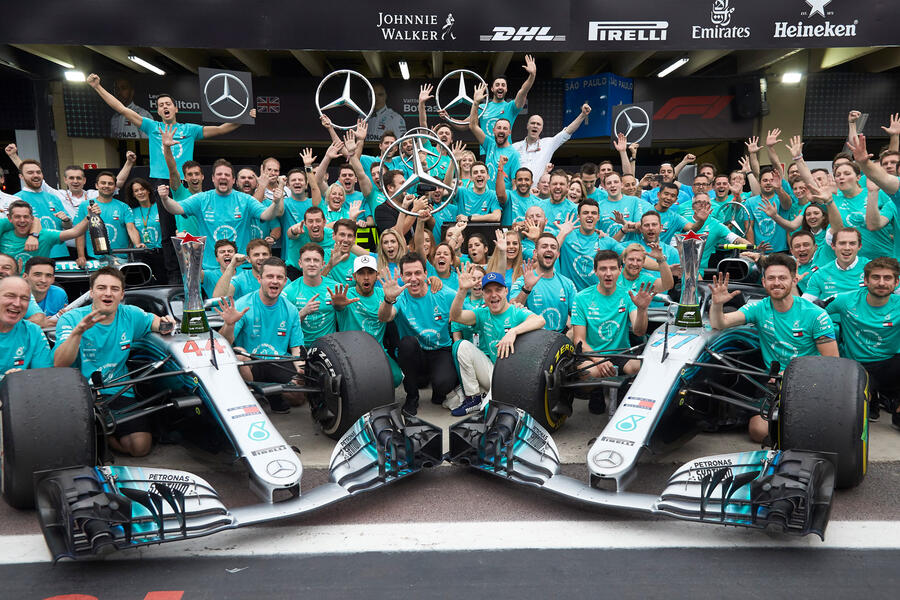
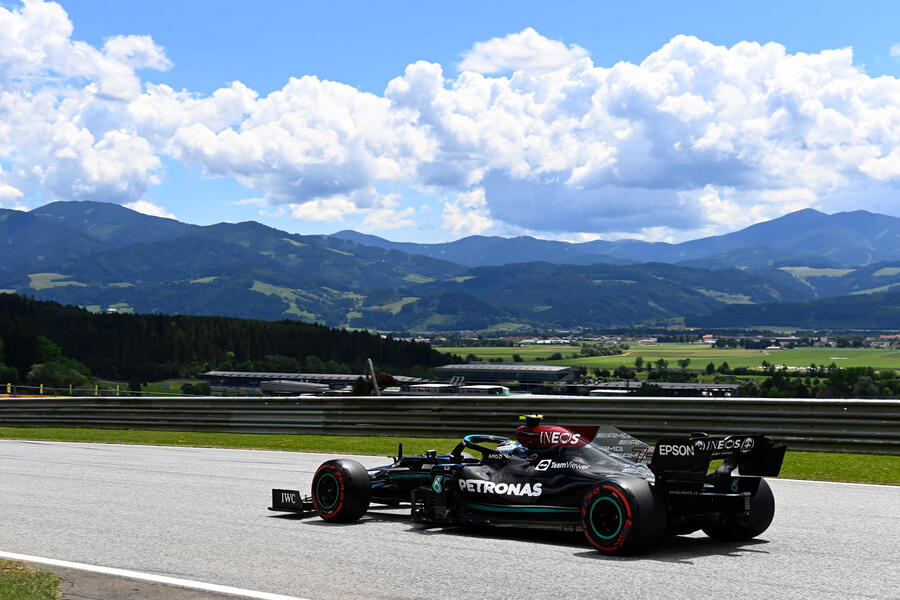
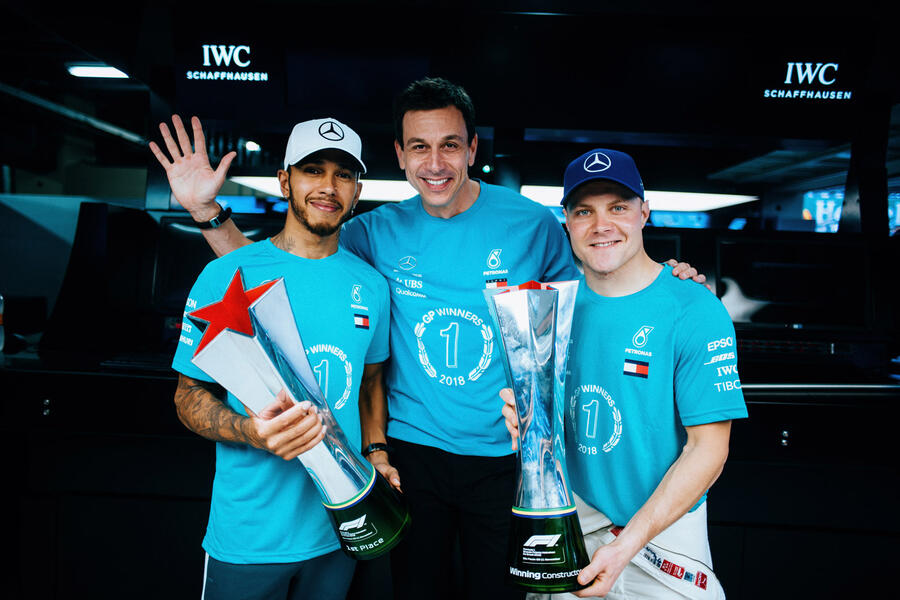


Add your comment